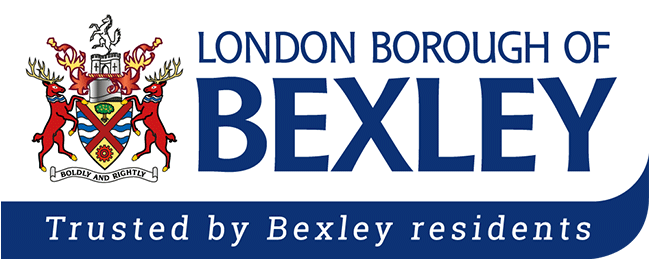GPDQ NHS Health Checks
GPDQ works with Local Authorities across the UK to deliver community outreach programmes offering NHS Health Checks and Health Screenings.
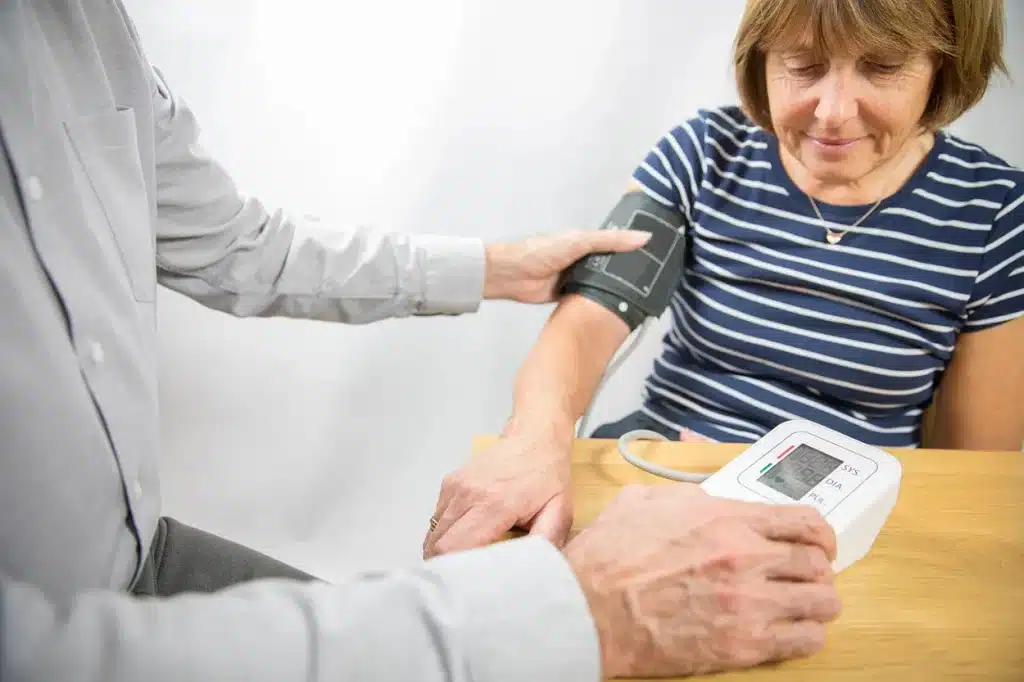
We run pop-up clinics in the community to improve access to health checks and screenings, which support early detection and prevention of various medical conditions.
Our Health Screening service is bespoke to the requirements of each Local Authority, but similar to an NHS Health Check.
*You may find there is some variation to what the clinician covers in your appointment.
What is an NHS Health Check?
The NHS Health Check is a free check-up of your overall health. It can tell you whether you’re at higher risk of getting certain health problems, such as: heart disease, diabetes, kidney disease, stroke.
During the check-up you’ll also discuss how to reduce your risk of these conditions and dementia.
If you’re over 65, you will also be told the signs and symptoms of dementia to look out for.

Who is the NHS Health Check for?
The check is for people who are aged 40 to 74 who do not have any of the following pre-existing conditions:
-
heart disease
-
chronic kidney disease
-
diabetes
-
high blood pressure (hypertension)
-
atrial fibrillation
-
transient ischaemic attack
-
inherited high cholesterol (familial hypercholesterolemia)
-
heart failure
-
peripheral arterial disease
-
stroke
-
currently being prescribed statins to lower cholesterol
-
previous checks have found that you have a 20% or higher risk of getting cardiovascular disease over the next 10 years
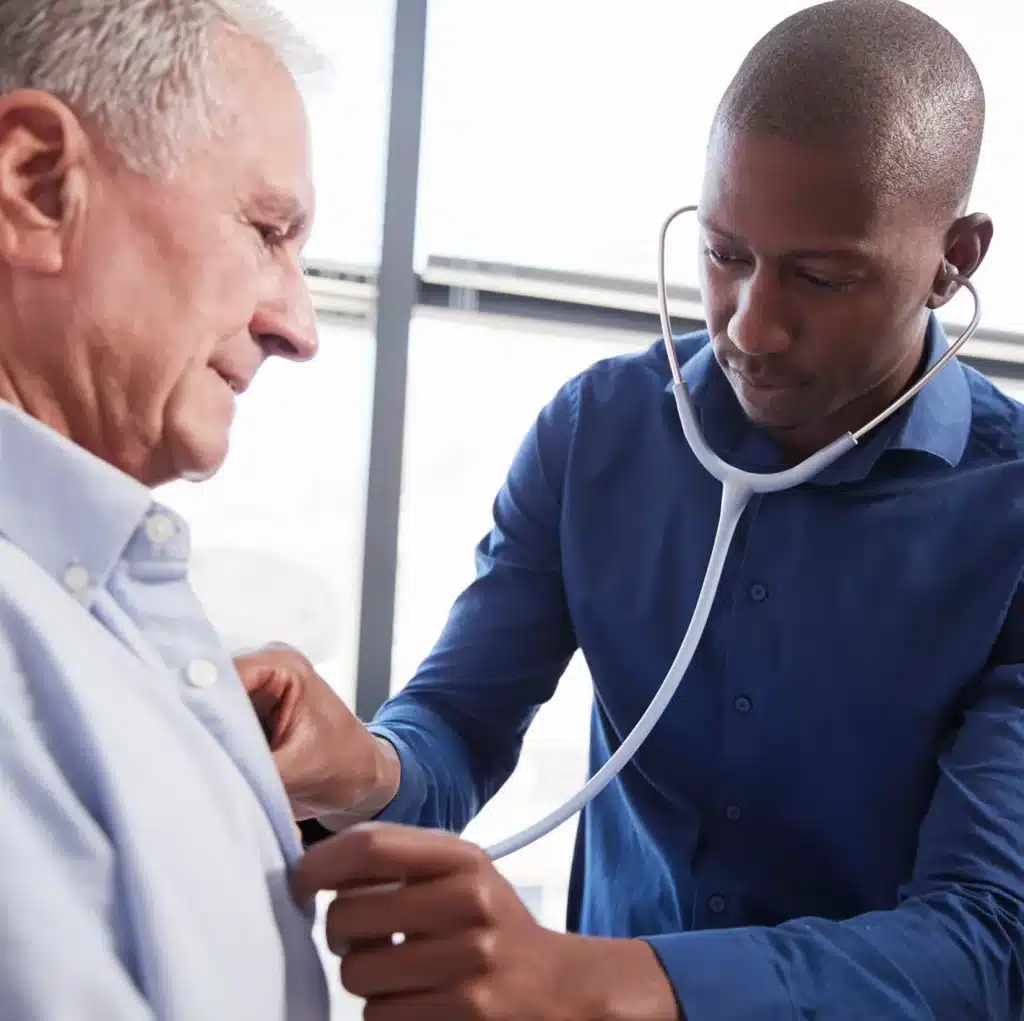
How will the NHS Health Check help me?
You will have your individual cardiovascular risk (risk of getting conditions related to the heart or circulation) calculated and explained to you.
While the cardiovascular risk levels vary from person to person, everyone is at risk of developing heart disease, stroke, type 2 diabetes, kidney disease and some types of dementia.
At your NHS Health Check you will be given advice on how to prevent them.
Your NHS Health Check can detect potential health problems before they do real damage.
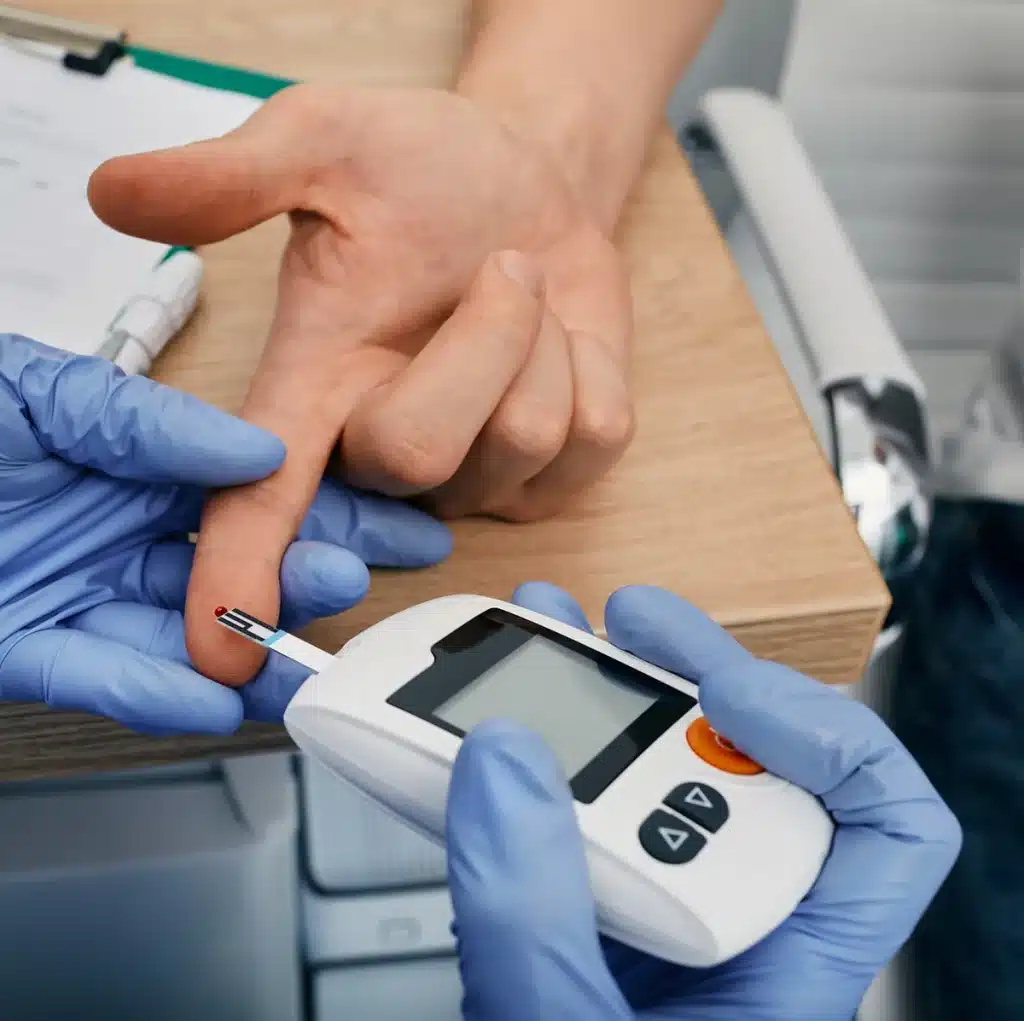
What happens at the NHS Health Check?
An NHS Health Check takes about 20 to 30 minutes. The health professional – often a nurse or healthcare assistant – will ask you some questions about your lifestyle and family history, measure your height and weight, and take your blood pressure and do a blood test. The blood test will be done either before the check with a blood sample from your arm, or at the check.
Your blood test results can show your chances of getting heart disease, stroke, kidney disease and diabetes.
If you’re over 65, you will also be told the signs and symptoms of dementia to look out for.
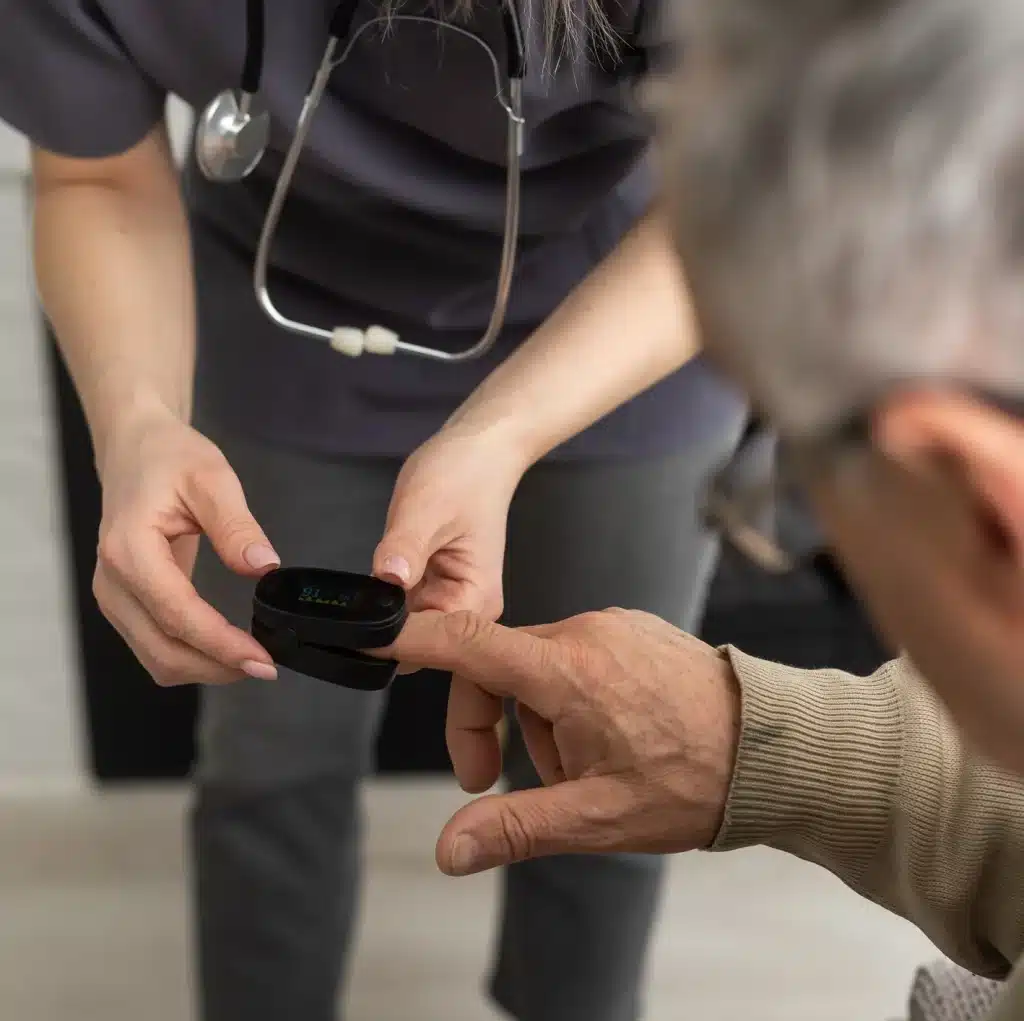
Following the check
Read more about what happens at an NHS Health Check
Find out about the pros and cons of having an NHS Health Check
Following the check you will receive personalised advice to improve your risk. This could include talking about:
-
how to improve your diet and the amount of physical activity you do
-
taking medicines to lower your blood pressure or cholesterol
-
how to lose weight or stop smoking

The above information on NHS Health Checks is from the NHS website.
Our Partners
